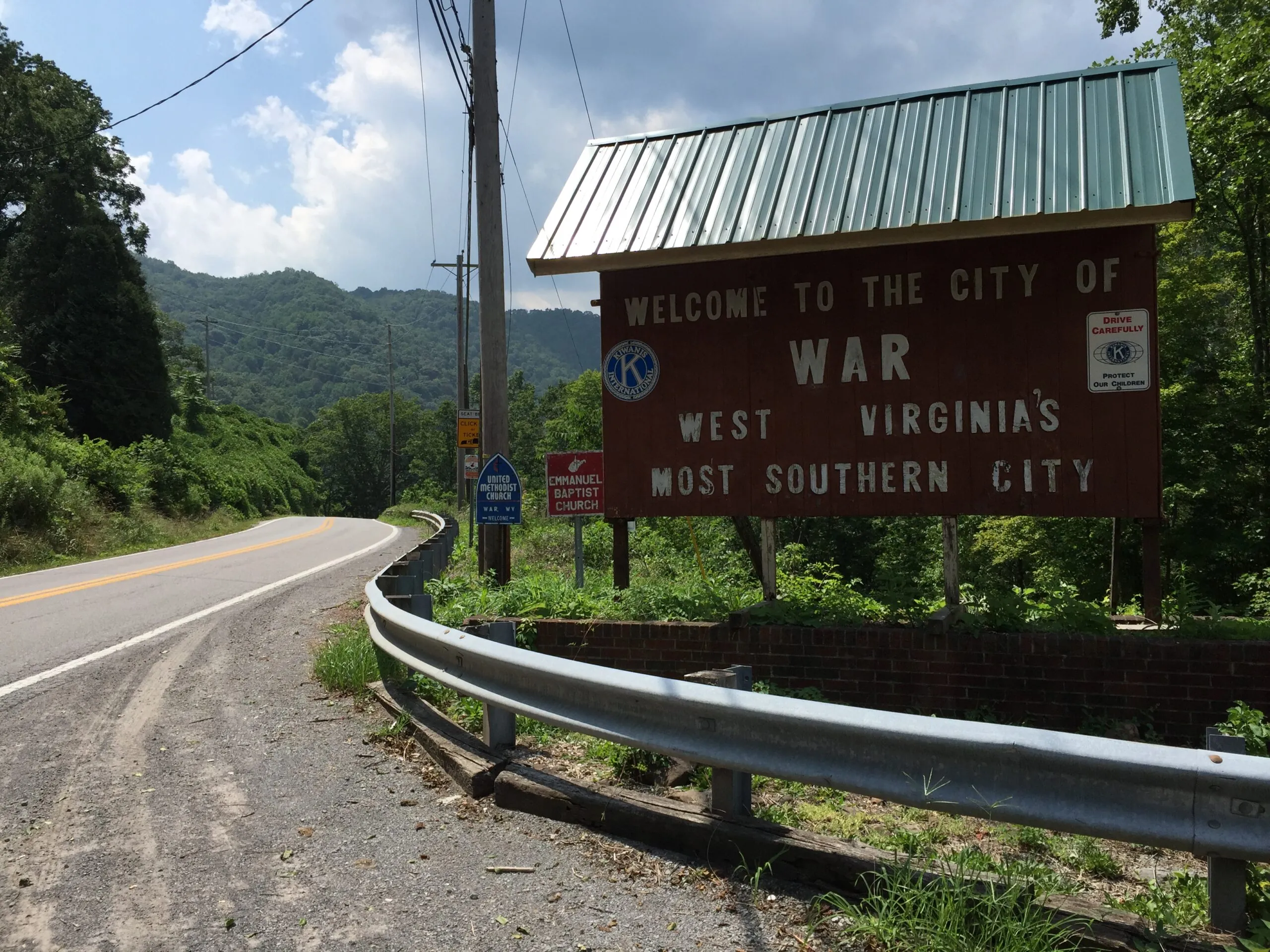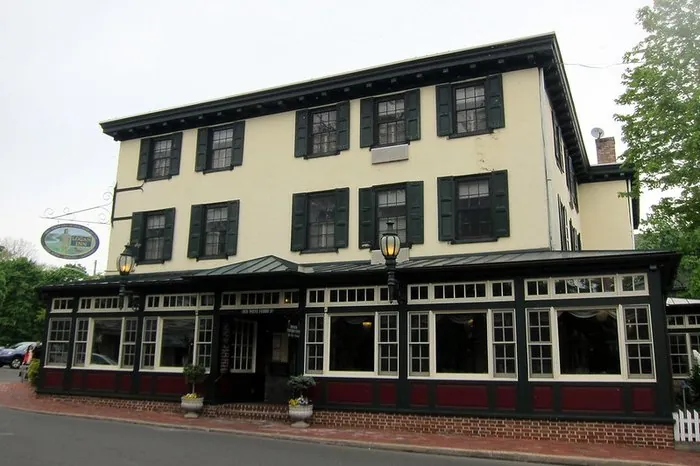This Town Has Been Named the Poorest in West Virginia
The town of War, located in McDowell County, West Virginia, has been repeatedly ranked as the poorest town in the state. In 2020, the town’s poverty rate was 50.2%, which is significantly higher than the national poverty rate of 14.9%. Additionally, the median household income in War was just $16,500, compared to the national median of $67,521.
In this article, we delve into the factors that have contributed to War’s unfortunate status as the poorest town in West Virginia.
Factors that Have Contributed to War’s High Poverty Rate:
The Declining Coal Industry:
War’s economic destiny has long been entwined with the coal industry. However, as the 20th century progressed, mechanization, environmental regulations, and the rise of cleaner energy sources led to a decline in coal mining. The subsequent loss of jobs had a profound impact on War, resulting in widespread unemployment, underemployment, and a significant reduction in household incomes.
Remote Location and Lack of Infrastructure:
The Appalachian Mountains cradle War, bestowing upon it a remote location that poses significant economic challenges. The town’s isolation from major transportation hubs and industrial centers restricts access to employment opportunities and educational resources. The absence of modern infrastructure, including reliable internet access and efficient transportation options, compounds the economic struggles faced by the residents.
Social Issues and Substance Abuse:
The correlation between poverty and social problems is evident in War’s struggles. High rates of drug addiction, crime, and family dysfunction create a challenging environment. This dynamic creates a self-perpetuating cycle, as those entangled in addiction or criminal activities find it difficult to secure stable employment, further contributing to the community’s woes.
Lack of Education and Skilled Labor:
War grapples with below-average educational attainment among its residents. A significant portion lacks high school diplomas or college degrees, limiting access to higher-paying jobs. The scarcity of skilled labor compounds the town’s economic challenges, hindering growth and diversification, and making it unattractive to new businesses and industries.
Limited Government Resources:
Despite the pressing needs of War’s residents, the town faces a constant struggle to access sufficient government resources. Inadequate funding for education, social services, and infrastructure inhibits efforts to address the root causes of poverty and enhance the overall quality of life for the citizens.
Addressing War’s Poverty: A Comprehensive Approach:
To uplift War from the depths of poverty, a comprehensive strategy is imperative. Here are key steps that could make a substantial difference:
- Investing in Education and Job Training:
- Focusing on education programs and vocational training can empower residents with the skills needed for better job prospects.
- Promoting Economic Diversification:
- Encouraging the development of diverse industries can reduce dependence on a single sector, fostering resilience in the face of economic changes.
- Fostering Community Development:
- Initiatives that strengthen the social fabric and address substance abuse and crime are crucial for creating a more stable and supportive community environment.
- Infrastructure Investment:
- Improving infrastructure, including reliable internet access and modern transportation options, is pivotal for attracting businesses and improving overall connectivity.
In Conclusion
The plight of War, West Virginia, serves as a poignant reminder of the multifaceted nature of poverty. Only through a holistic approach, addressing economic, social, and infrastructural challenges, can the town hope to break free from the cycle of poverty and pave the way for a more sustainable future.
Read More:







